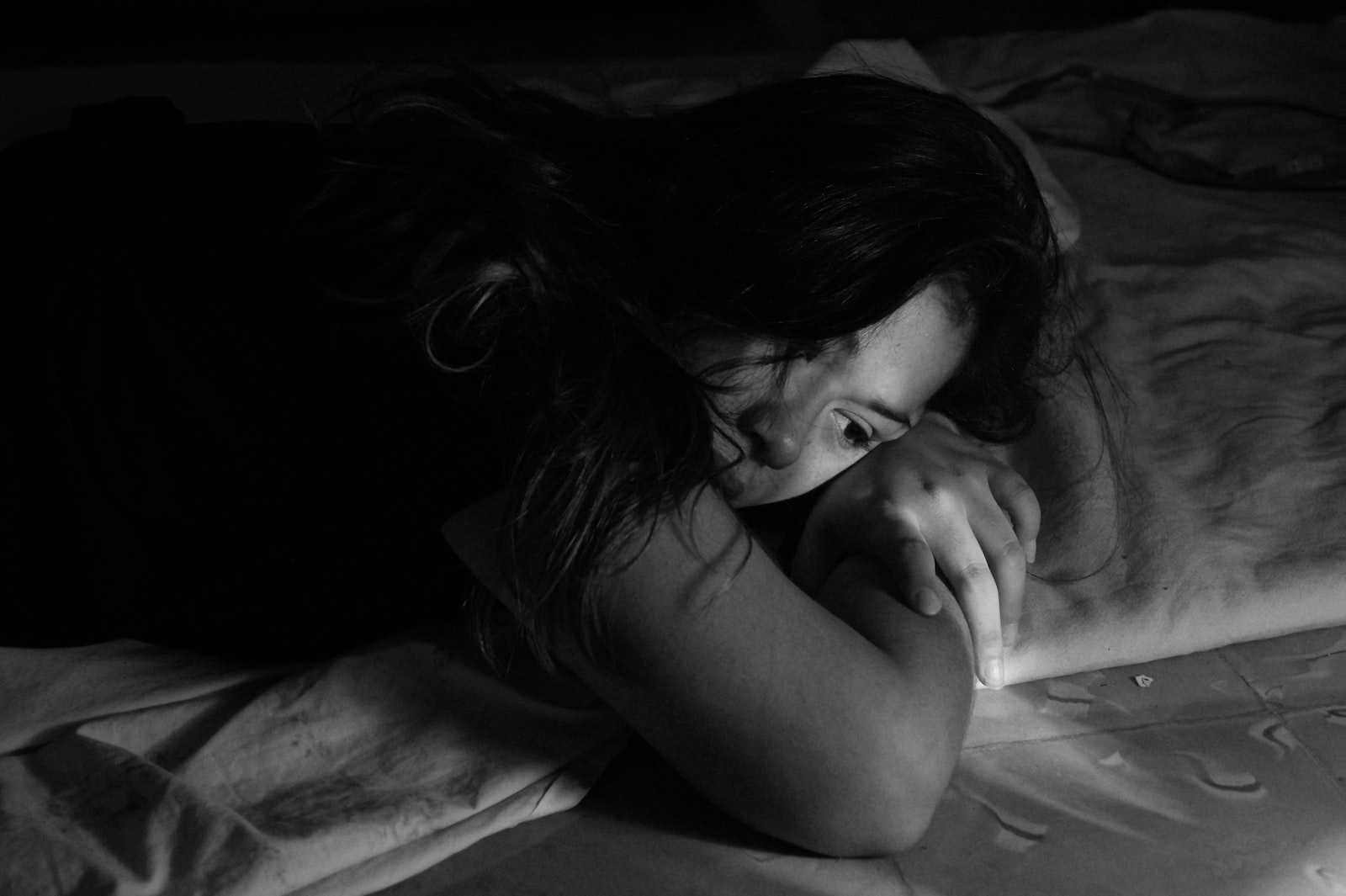A decreased sex drive is common at times throughout our lives and can be due to many factors such as stress, medications, and hormonal changes. If loss of sexual desire or interest persists without another explanation for more than 6 months and causes distress, this may indicate a sexual health condition known as Hypoactive Sexual Desire Disorder (HSDD). HSDD occurs in 10% of women across all age groups and is more common in menopausal women.
The Decreased Sexual Drive Screener (DSDS) questionnaire can be used to help make the diagnosis of HSDD. If you answer yes to questions 1-4 and no to all factors in question 5, you may have HSDD.
- In the past, was your level of sexual desire or interest good and satisfying to you?
- Has there been a decrease in your level of sexual desire or interest?
- Are you bothered by your decreased level of sexual desire or interest?
- Would you like your level of sexual desire or interest to increase?
- Do you feel that any of the following factors may be contributing to your current decrease in sexual desire or interest? (Yes/No)
- An operation, depression, injuries, or other medical condition
- Medications, drugs, or alcohol you are currently taking
- Pregnancy, recent childbirth, menopausal symptoms
- Other sexual issues (pain, decreased arousal or orgasm)
- Your partner’s sexual problems
- Dissatisfaction with your relationship or partner
- Stress or fatigue
A woman’s sexual desire is a complicated thing! There is no definite explanation for why HSDD occurs. It may be influenced by low levels of hormones such as testosterone and estrogen, although there is no specific level at which HSDD occurs and not every woman with low hormone levels experiences HSDD. An imbalance in our brain chemistry pathways that control sexual excitation and inhibition can contribute.
Treatment for HSDD can include behavioral therapy, sensate focus or other sex therapy and mindfulness. Supplements like French Maritime pine bark extract have been shown in studies to enhance genital blood flow and increase arousal by increasing sensation during sexual activity. Non-hormonal prescription medications are available if needed. Flibanserin is a daily oral medication that is FDA-approved to treat HSDD in premenopausal women, however it has been shown to be effective in a clinical trial for menopausal women too. Vyleesi is an injectable medication that is used as needed and is FDA-approved for premenopausal women. Testosterone is an off-label (meaning not FDA-approved for this problem) but evidence-based treatment that may be used to treat HSDD in peri- and postmenopausal women.
Sexual desire can ebb and flow throughout our lives, but if your desire is low and causing you distress, then get help by talking with your gynecologist or scheduling a consultation with me.

